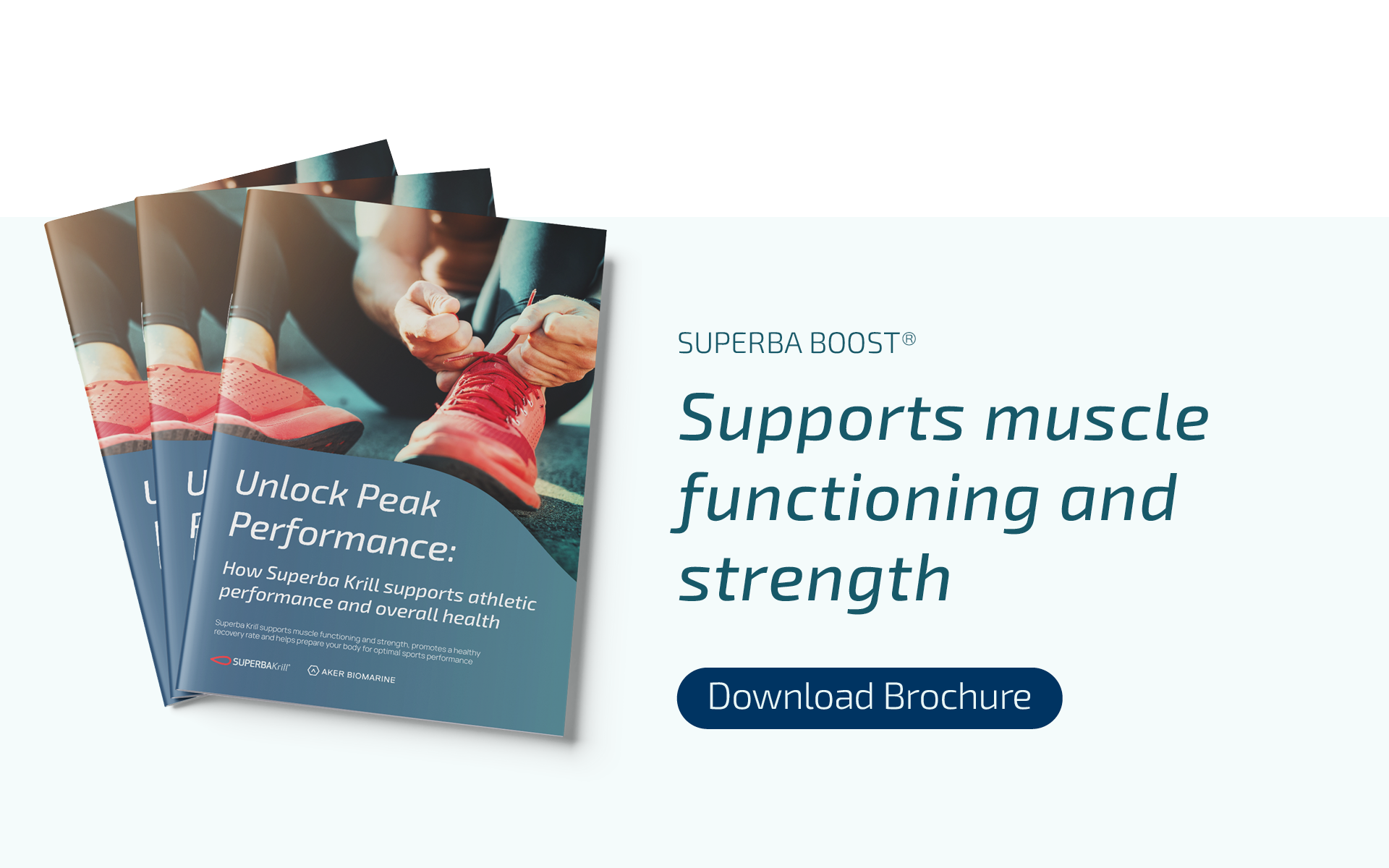There is no question that choline is essential for our health and a vital nutrient for many body functions such as nerve signaling and muscle functioning as well as cardiovascular, liver and cognitive health. It’s also a precursor to the neurotransmitter Acetylcholine and has been implicated in athletic performance due to its role in maintaining normal muscle function. A recent study demonstrates that choline is positively connected to sports performance, but what does that mean?
What is choline?
Before we get into the specifics of choline's role in sports nutrition, it’s important to understand what choline is and why we need it. Choline is an essential nutrient, which has many functions in our body and helps to keep our cells working efficiently.
In fact, our cells cannot function without it. Choline is similar to a vitamin or mineral and is often grouped with the vitamin B complex family due to its similar properties and functions.
An often underrated essential nutrient, choline is extremely important for our health, but unfortunately, nearly 90 percent of the population lacks the recommended amount of choline in their diets.
Although the body produces a small amount of choline on its own, we need to obtain the rest from our diet. Choline is naturally found in many different foods, such as egg yolk, chicken liver, salmon, soybeans and more, but additional choline dietary supplements might be needed to fully meet the body’s requirements.
This is particularly the case when people may omit certain foods groups from their diet, like dairy and meats, or when our bodies are placed under additional pressure, like high intensity exercise.
Krill oil naturally contains choline
Krill oil contains choline in the form of PC (phosphatidylcholine) which helps raise choline levels efficiently. In fact, Superba Boost™, a daily krill oil supplement, gives you all of benefits of omega-3s EPA and DHA, and it has choline.
Past studies demonstrate that krill oil is a safe, well tolerated and effective source for reaching suggested choline levels without elevating TMAO levels.
Krill oil is effective in reducing choline depletion, an important finding for athletes
Aker BioMarine, in partnership with Oslo University Hospital, launched a study to determine the effects of choline supplementation using krill oil (a rich source of phosphatidylcholine) on serum levels of choline and its metabolites in triathletes competing at varying distances.
The study included elite athletes who participated in the Norseman Xtreme Triathlon (widely regarded as one of the world’s toughest and most coveted races) and the Oslo Triathlon, an Olympic distance triathlon attended by everyone from professionals to amateurs.
The result: Krill oil targets choline depletion during physical activity and could be recommended as part of an overall nutritional strategy for optimal training and race day preparation.
Read the published study here.
Fueling the body with the right nutrients
It’s important that we eat food containing the nutrients that our bodies need to perform at its best, every day. Whether you are a top performing athlete or someone who is trying to maintain a healthy and balanced lifestyle between a packed agenda, you need nutrients, like choline, to perform. And krill oil can benefit both extreme athletes as well as every day athletes.
Supplementation with krill oil over time increases overall levels of circulating choline in endurance athletes participating in a wide range of competition formats with varying levels of difficulty.
Novice athletes, weekend warriors and general consumers alike can also benefit from krill oil. There is no question that choline, found in krill oil, is an essential nutrient that is important for our health, and coupled with the benefits of omega-3 in additional has important benefits for the sports nutrition category.
Look out protein and electrolytes, krill oil is coming to the sports nutrition race.
Read more: Health Benefits
Take a deeper look at Aker BioMarine’s recent sports nutrition study below.


